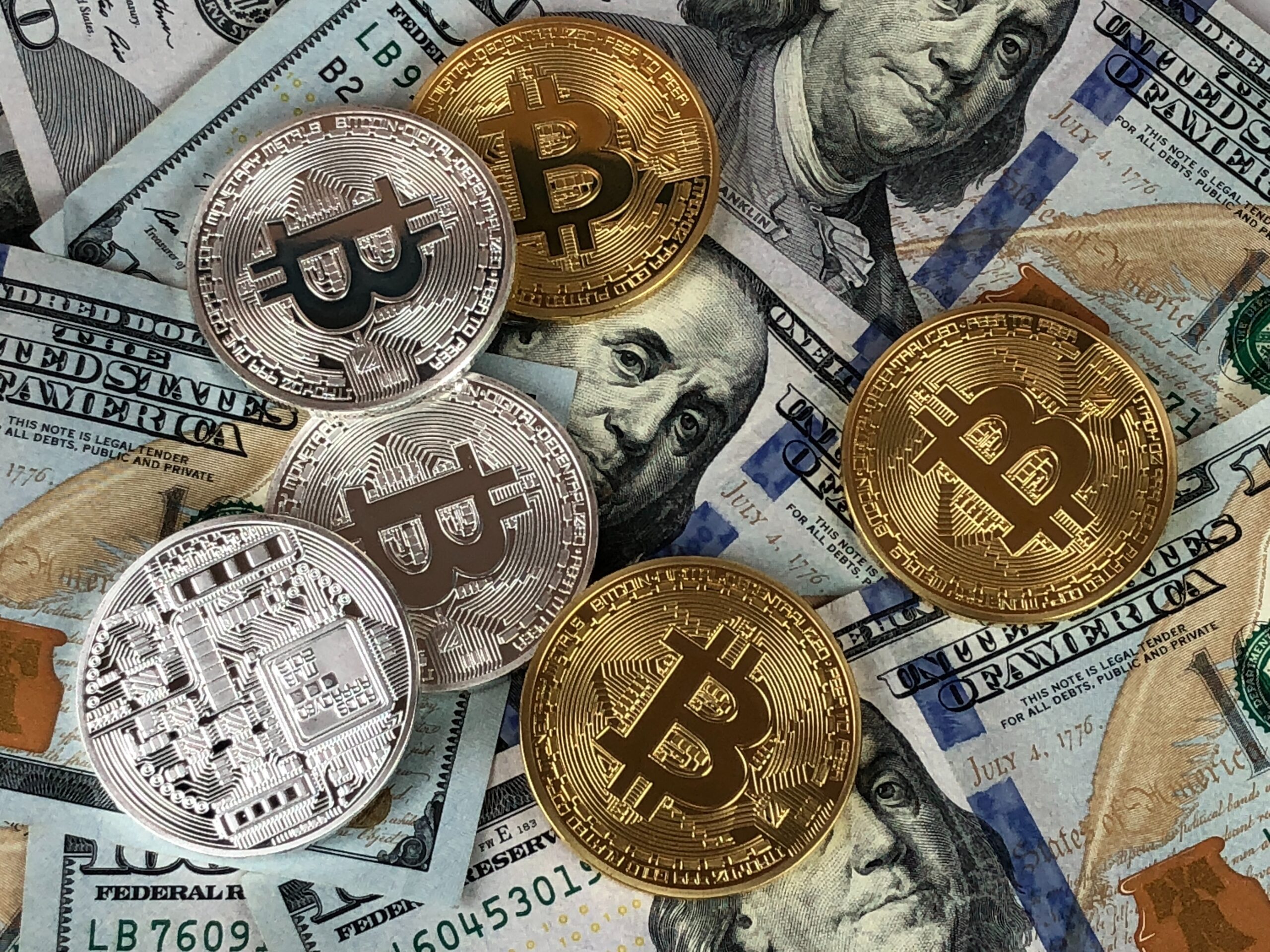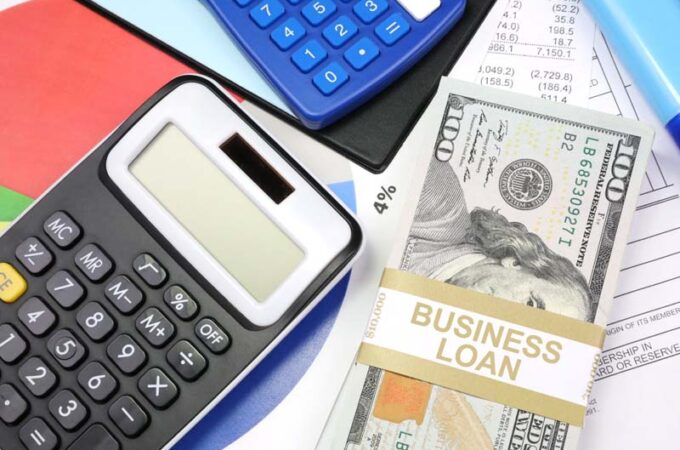
How to trade cryptocurrencies?
The digital assets market is full of pitfalls and underlying problems. You always have a chance to lose funds while trying to invest in volatile crypto assets or by holding digital funds on your wallet. In order to avoid losing your time and money while trying to trade cryptocurrencies, you need to learn a couple of things about the digital assets market. More education materials you will find on our website.
Build your own investing or trading strategy
There are only two ways for the average market participant to become a part of the cryptocurrency industry: trading or investing. Crypto investors buy and hold coins of various projects on their wallets while traders are using centralized or decentralized exchanges in order to profit on short-term buying and selling cryptocurrencies. Traders make numerous deals with digital assets while investors can buy and hold one coin for years.
In accordance with the trading or investing the way, you store crypto also differs. If you choose to invest in crypto you will need cryptocurrency wallets. There are only two types of wallets: hot and cold ones. The main difference is that the hot wallet is constantly connected to the blockchain through the internet while a cold wallet is connecting to the blockchain only when you are willing to make a transaction. Both options are safe but if safety is your number one priority you should pick the cold wallet solution. Cold wallets are usually delivered in the form of a flash drive that you can connect to the PC.
Trading cryptocurrencies
For traders, hot and cold wallets are not the best solutions since you’ll have to spend time and fees making multiple transactions per week. For that instance, traders use cryptocurrency exchanges that store your crypto for you. The main advantage of such a solution is the constant availability of your funds hence an ability to exchange them without any delay.
Once you chose the cryptocurrency exchange you prefer you will most likely be offered to try margin or leverage trading which is basically a short-term loan that exchanges provide to increase the position sizes of market participants. Though it may maximize your profit on the market it will most likely exponentially increase your risks and will lead to loss of money.
Cryptocurrency trading not coincidentally became one of the most popular ways of joining the cryptocurrency market since you have a potential chance to make hundreds of percent of profit in a relatively short time. But the sad truth is that 90% of market participants lose money trading and that’s why before starting to trade crypto you should do a lot of research about technical and fundamental analysis in order to make and not lose money trading.
Investing in cryptocurrencies and companies
If you choose to start investing in the cryptocurrency market you have to suit yourself for a lot of research about blockchain, networks, mining algorithms, etc. Cryptocurrency investors usually buy and hold coins of specific projects or companies in order to receive profit in a long term. Unlike trading, investing will only take your time before buying coins or tokens. Cryptocurrency investors are looking for entering projects as early as possible while tokens or coins are not being popular among the masses.
Your main concern before investing should be the quality of the company that you invest in. In order to choose a good company for investing you need to do research on the team’s background, product relevance, and current market environment.
Conclusion
Both ways of investing in crypto are risky and in order to be successful, you have no other choice but to research and learn more about cryptocurrencies by using educational materials on our website. Before trading get familiar with the ways of analyzing the cryptocurrency market: technical, fundamental, and on-chain analysis will help you to better understand the market and trends which are underlying conditions of the price formation.





